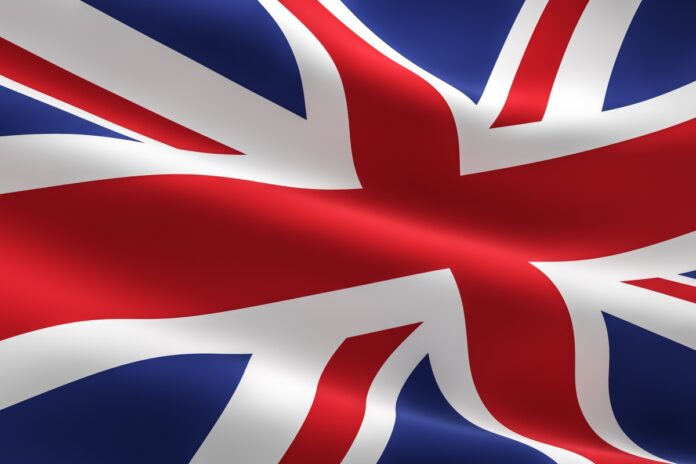The Financial Times says a new report tells mobile operators from whom to buy network equipment having kicked Huawei out of the UK market.
Last year after much dithering, the UK government decided to ban Huawei equipment (Hexit) from the country’s 5G networks, and it is to be phased out of networks altogether by 2027. This was on grounds of national security and after considerable pressure had been applied by the Trump Administration.
Duopoly worries
In the wake of Hexit, the government set up the Vendor Diversity Task Force, which is about to publish a report that FT says it has seen [subscription required]. In it, operators are being told they must buy 25% of their 5G equipment from smaller companies due to concern about being at the mercy of the Ericsson-Nokia duopoly.
No doubt this is music to the likes of Korea’s Samsung, Japan’s NEC and US firms Mavenir and Airspan.
However, Nokia and Ericsson equipment would be allowed as part of that 25% if their equipment is compatible and therefore interchangeable with that of other vendors.
The FT quotes the report saying, “The task force believes 25% by the mid 2020s should be the initial aspiration for mobile operators”.
State interference
The report suggests the government explores the possibility of giving operators tax relief for deploying kit from smaller vendors, but is against the state providing any subsidy to cover the estimated £2 billion it will cost the UK’s four mobile operators to replace the Huawei equipment they are obliged to remove.
The Tory government sees Hexit as an opportunity for the UK to become a global technology leader in areas such as chip design (ARM anyone?), standards and software.
Task force
The task force is chaired by Lord Ian Livingstone, who in 2013 quit his job as CEO of BT to become a government trade minister in the Tory government.
This move sparked a controversy over “unprecedented” conflicts of interest in his new role, given that he then owned BT shares worth £20 million.
He was subsequently given a peerage.
The report is due for publication by the Department of Culture, Media and Sport (DCMS), which oversees telecoms, in the next few days.
How binding its recommendations will be remains to be seen.



